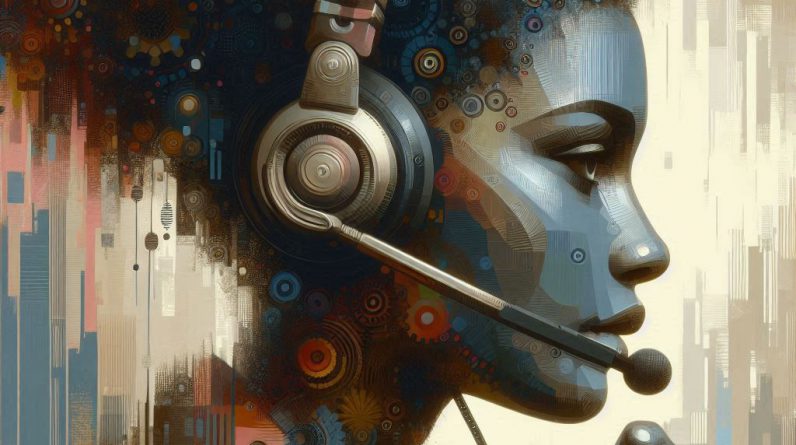Artificial intelligence (AI) has found its way into numerous industries, including mental healthcare. As the demand for accessible and effective mental health services continues to rise, there’s a growing interest in leveraging AI, particularly in the form of therapeutic chatbots, to address the increasing need for support and intervention. But, are these AI-driven chatbots truly the future of mental healthcare?
What Are Therapeutic AI Chatbots?
In May 2023, over 193 million Americans had little to no access to mental health services due to a shortage of workers. Access to adequate mental health care is essential for supporting those facing challenges and preventing the escalation of mental health issues. Therapeutic AI chatbots are innovative digital tools designed to provide support, guidance and interventions for individuals experiencing mental health challenges.
Unlike traditional therapy, which typically involves face-to-face interactions with a human therapist, these chatbots leverage artificial intelligence to engage users in conversations through text or voice interfaces. Powered by sophisticated algorithms and natural language processing capabilities, therapeutic AI chatbots can simulate human-like conversations, creating a safe and non-judgmental space for individuals to express their thoughts and feelings.
These chatbots are programmed to offer a range of therapeutic interventions, including psychoeducation, cognitive-behavioral techniques, mindfulness exercises and self-help strategies. By analyzing user input and identifying patterns, they can deliver personalized responses and recommendations tailored to your specific needs.
The Benefits of AI in Healthcare
The integration of AI chatbots offers several significant benefits:
- Accessibility: Therapeutic AI chatbots offer 24/7 support through digital platforms, reducing barriers to seeking help and providing immediate assistance.
- Personalization: Advanced algorithms enable chatbots to analyze user input and deliver tailored interventions and resources based on individual needs and preferences, improving engagement and effectiveness.
- Scalability: AI chatbots can support a broader audience, complementing traditional therapy and alleviating strain on mental healthcare systems.
- Early intervention: By offering discreet and non-judgmental support, chatbots encourage seeking help and assistance before mental health issues escalate.
- Stigma reduction: Engaging users in supportive interactions normalizes conversations about mental health and promotes self-care, reducing stigma and creating a culture of openness and acceptance.
- Complementary tool: While not replacing human therapists, AI chatbots complement traditional therapy and offer valuable support to individuals navigating their mental well-being.
Limitations of Therapeutic AI Chatbots
While therapeutic AI chatbots offer promising benefits in mental healthcare, they’re not without limitations.
- Lack of human empathy: AI chatbots can’t fully empathize or understand complex emotions in the way human therapists can, potentially leading to a less nuanced and empathetic interaction.
- Ethical concerns: There are ethical considerations surrounding AI use in mental healthcare, including privacy, data security and potential biases in decision-making algorithms. Data breaches can have major financial implications. In 2021, it cost an average of $9.42 million to manage a healthcare data breach.
- Limited understanding of context: Chatbots may struggle to grasp the broader context of a user’s situation, which can impact the appropriateness and effectiveness of their responses.
- Dependency risks: Over-reliance on AI chatbots may discourage individuals from seeking help from human therapists or other support systems.
- Inability to handle crisis situations: AI chatbots may struggle to appropriately respond to crisis situations or emergencies, highlighting the importance of having access to human intervention when needed.
The Future of Mental Healthcare
While therapeutic AI chatbots hold promise as a valuable tool in the future of mental healthcare, they’re not without challenges and considerations. As technology evolves, it’s essential to approach the integration of AI with careful deliberation, prioritizing the well-being and autonomy of individuals, while leveraging the benefits AI offers.





